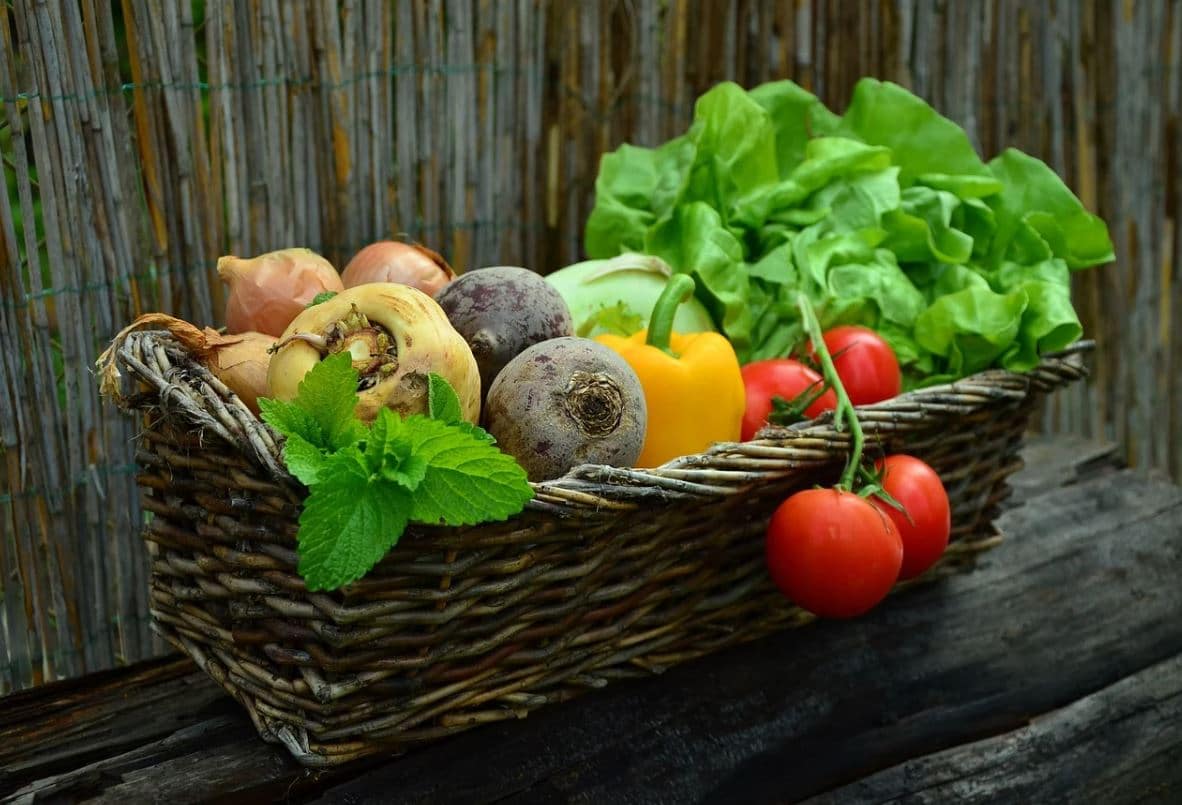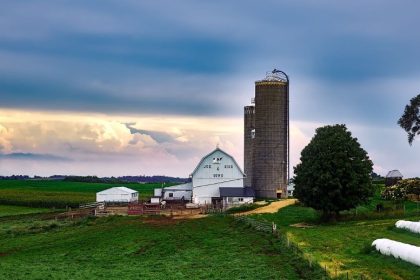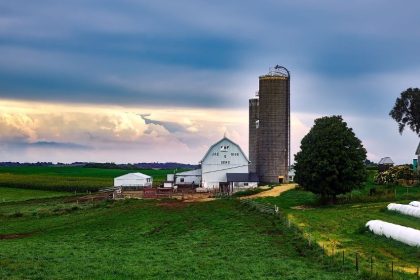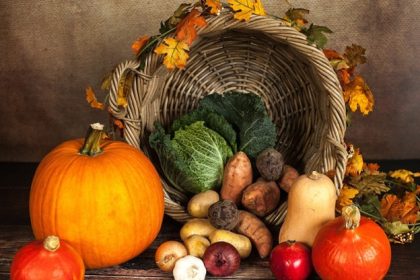Pre-Pandemic, National Food Insecurity Dropped to Lowest Level Since Great Recession

WASHINGTON – Last year, roughly 10.5% of all U.S. households lacked access to enough food for “an active, healthy life for all household members,” according to a report from the USDA’s Economic Research Service.
This figure is down slightly from 2018’s national food insecurity report, which at the time indicated about 11.1% of households lacked adequate food access. While these numbers show some progress is being made in combating food insecurity nationwide, the percentage estimate of “very low food security” did not change significantly from 2018 to 2019.
Statistics for the report were collected in December 2019 and reflect the state of national food insecurity prior to the impact of the COVID-19 pandemic, the report noted. For the first time since 2007, the nationwide rate of food insecurity dropped to pre-Great Recession level.
In 2019, 6.5% of households with children were food insecure at times. This percentage was not statistically different from the figure of 7.1% from 2018.
Although national food insecurity rates for this year will not be known until at least December, engagement with the Supplemental Nutrition Assistance Program increased from 37 million participants in March to 43 million in April, according to the USDA. This figure does not account for those who received assistance from food banks or other programs that combat hunger.
Almost 22.4 million adults indicated that their household had not had enough to eat in the past week, according to a recent survey by the U.S. Census Bureau. Nearly 30% of households headed by single women were food insecure at times in 2019.
Households headed by people of color also suffer from food insecurity at substantially higher rates than the national average. Black and Hispanic households reported food insecurity at a rate of 19.1% and 15.6%, respectively.
Research by the American Enterprise Institute indicated that changes in food insecurity from before COVID-19’s impact to now signified minute increases. This could be an indication that federal economic relief efforts managed to prevent “increases in severe food hardship” in many households nationwide.
Households that endured recent unemployment or employment disruptions encountered elevated levels of food insufficiency, particularly when they “did not report receiving unemployment compensation.” While the metrics show improvement, efforts to combat nationwide hunger still persist.

























